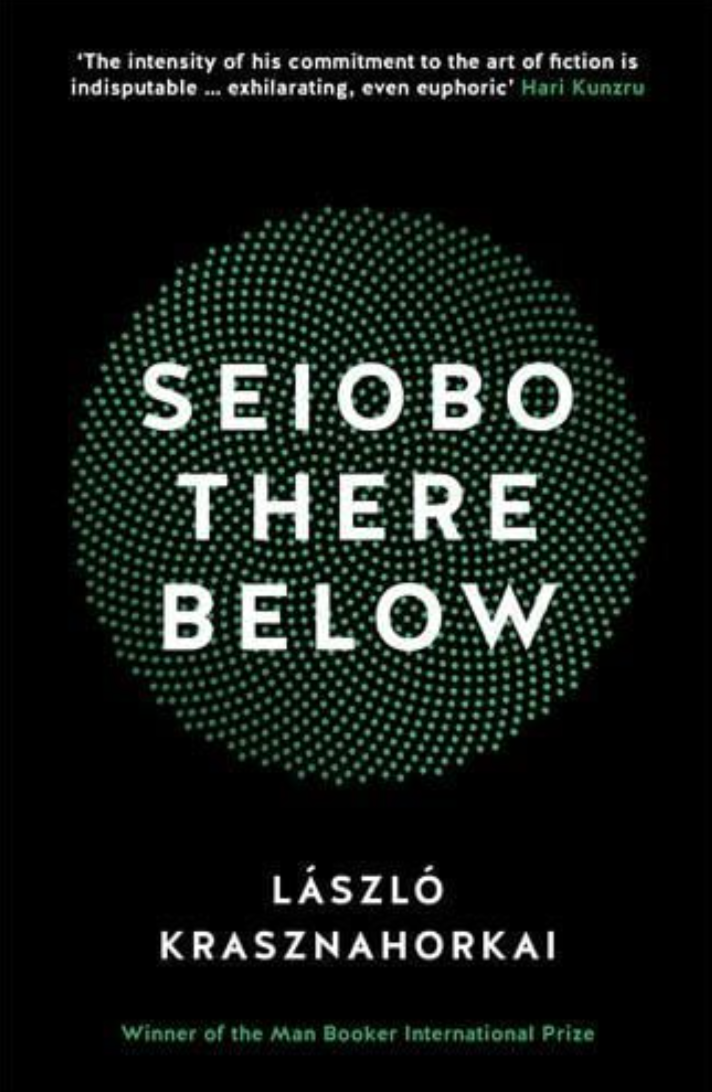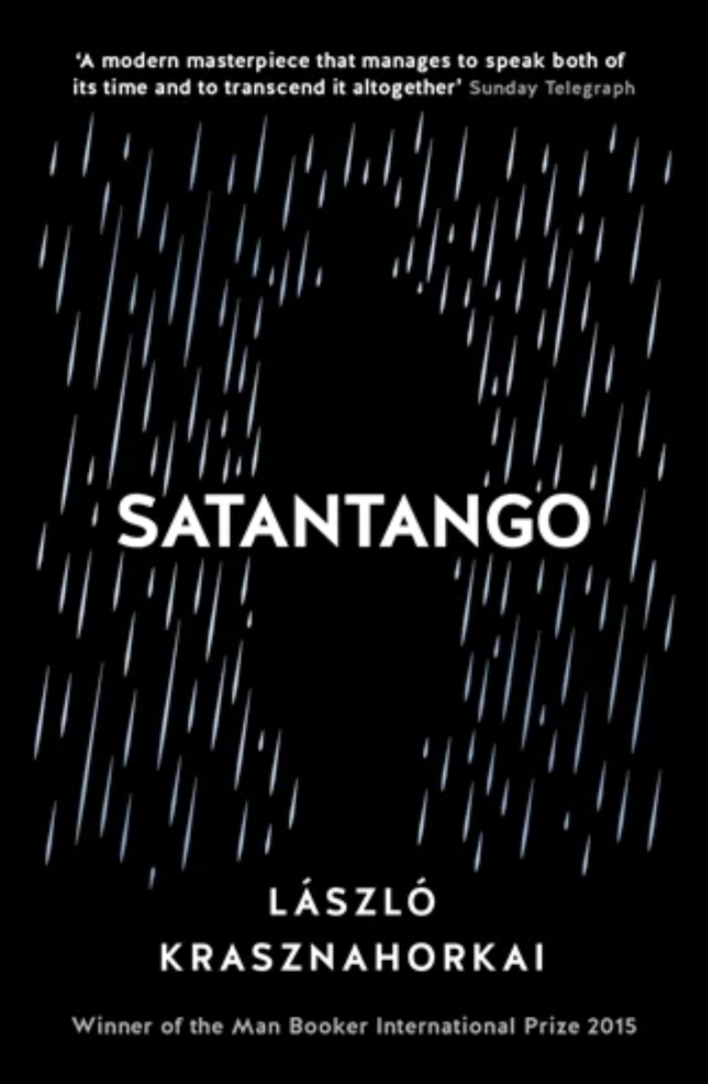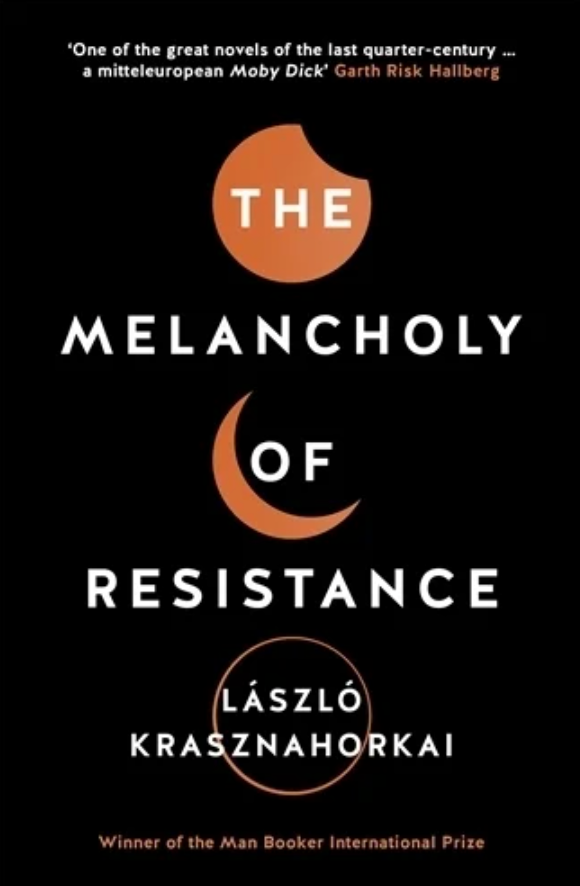The 2025 Nobel Prize in literature has been awarded to postmodern Hungarian author László Krasznahorkai.
Krasznahorkai, who joins an illustrious list of laureates that includes Ernest Hemingway, Toni Morrison and Annie Ernaux, was celebrated by the Nobel Committee for his “compelling and visionary oeuvre that, in the midst of apocalyptic terror, reaffirms the power of art.”
Krasznahorkai, whose books Satantango and The Melancholy of Resistance have been adapted into acclaimed films by director Béla Tarr, will receive 11m Swedish kroner (£870,000) alongside the esteemed accolade.
As Krasznahorkai is recognised by the Swedish Academy for his melancholic, dystopian novels, here are the top three books to read by this year’s Nobel Prize in literature winner…
Seiobo There Below
Seiobo There Below follows the titular Japanese goddess as she returns to the mortal realms in search of perfection. Told in chapters that sweep across countries and through time, the novel questions what’s truly sacred, how we should define beauty and what makes great art endure.

Satantango
Satantango follows life in a desolate Hungarian town, shortly before the demise of Soviet rule, that falls under the charismatic spell Irimias, a villager who suddenly returns after being presumed dead for many years. The townspeople hand over their fortunes and follow Irimias like a Messiah – but, as they do, a series of increasingly barbarous events unfold. It was adapted into a seven-hour film by Hungarian director Béla Tarr in 1994, and is regarded as one of the best arthouse films of all time.

The Melancholy of Resistance
Krasznahorkai’s surreal novel The Melancholy of Resistance sees life in a small town descend into chaos when a circus promising to display the stuffed body of the world’s largest whale arrives in the dead of winter. Frightening rumours spread that the circus performers have a dark ulterior motive and villagers attempt to find reassurance in everything from cosmology to fascism. The book was also adapted into the 2000 film Werckmeister Harmonies, which was also directed by Béla Tarr.

Upon awarding Krasznahorkai this year’s Nobel Prize in literature, the Academy praised the author’s unique writing style, such as his long sentences and unbroken paragraphs that stretch for pages, which have led critics to compare him to Franz Kafka and Herman Melville.
Much of the author’s writing has been influenced by his travels across Europe and East Asia after he left Communist Hungary in 1987. His trips to Mongolia and China, in particular, inspired his 1992 book The Prisoner of Urga, and 2004’s Destruction and Sorrow Beneath the Heavens.
His other works include 1999’s War and War, which follows a Hungarian man who finds an antique manuscript that narrates the epic tale of brothers-in-arms struggling to escape a disastrous conflict.







